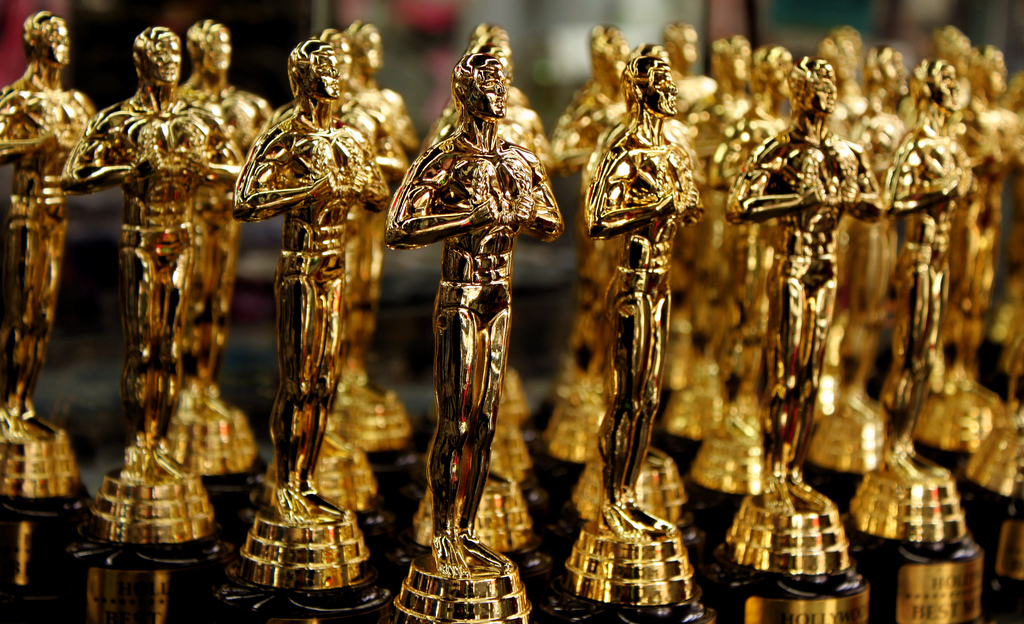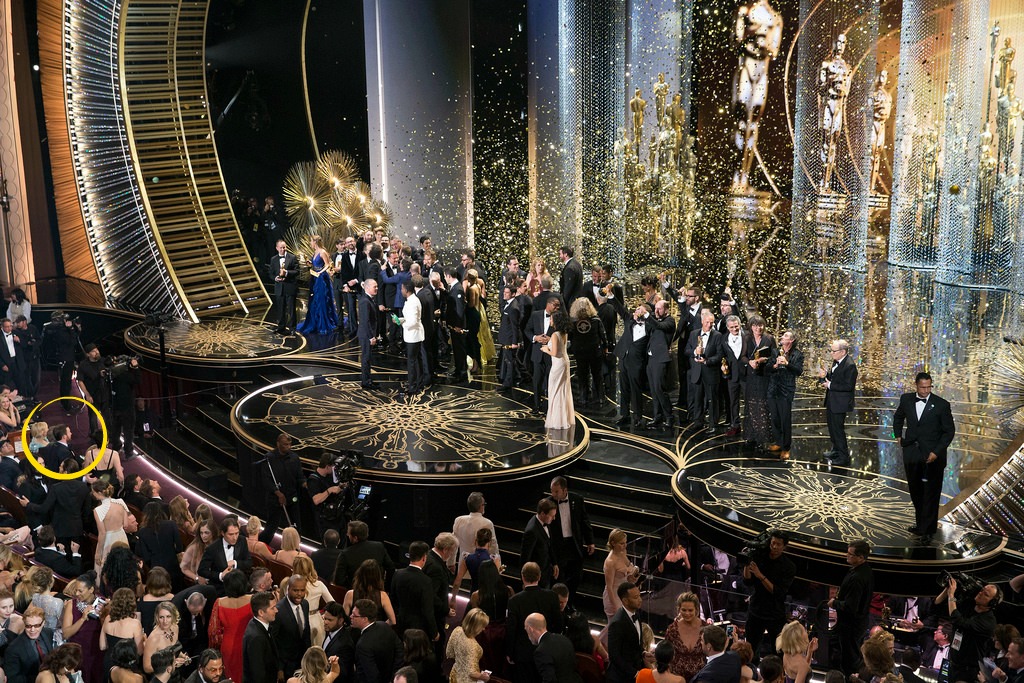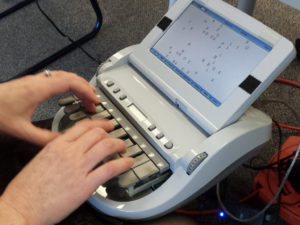Celebrity reality: Broadcast captioning gives you the inside scoop
The Oscars took place this week, and by now you would have heard about the big blunder. The wrong winner was announced! Shocking, I know.
Who knew the wrong word on a piece of paper, or in this case the wrong piece of paper, could have such a devastating effect. It makes you realise just how important the correct text for such live events really is.
Now, imagine millions of deaf and hard of hearing viewers tuning into these events only to find the captions to be misleading, confusing and just a general pain in the butt.
That’s how many of us experience watching televised programmes that make use of “smart technology”. Voice recognition software and respeaking have resulted in the quality of TV subtitling going down.
The only way to rectify this is for broadcasters to use superior captioning that’s accurate and produced by highly qualified people. We are entitled to the same access as hearing people.
What is broadcast captioning?
Broadcast captioning is the readable text of anything being spoken during a programme and accurately conveys the meaning. People who are deaf or hard of hearing often rely on captions, but it’s also used for understanding what’s being said when broadcasting from noisy environments, such as the Oscars.
When celebrities step onto the red carpet, they are circled by paparazzi and reporters huddling around to get a juicy sound-bite. What you might not know is that among them are those with the special listening ability and the talent to write everything down at an incredible 225 words per minute.
These super-focused individuals intent on uncovering what’s really being said are called broadcast captioners.
Some people might think a captioner is just a typist, but those people are wrong. They don’t use a qwerty keyboard, they use a shorthand machine and are very highly skilled.
Earlier this week I had the privilege of interviewing one of the best broadcast captioners available, James Batchelor. I might be biased since James is one of 121 Captions best captioners, but James truly is a talented professional and sought after captioner, especially in the world of celebrity news.
James gives us the inside scoop
Q: How did you become a captioner?
A: I’ve been captioning for nearly 30 years. In 1988, after studying industrial design at university, I received three job offers. The first entailed working for Fast Frame as a picture framer; the second was a Lego consultant for Fenwick’s ‘playing with Lego all day’ and the third and final job offer was one in which I would need to train as a court reporter.
The first two options were pretty straightforward, but I didn’t know anything about being a court reporter, which is what drew me to the opportunity. I saw it as a challenge and dedicated my time to finding out more.
For nearly six months I was firmly planted in front of a computer screen, learning the steno theory – typing shorthand using a stenotype machine.
Q: What made you want to become a captioner?
A: I didn’t intend on becoming a captioner. After working in the courts for eight years, I received an offer out of the blue from the BBC asking if I would like to speak to them about a broadcast captioning position at the BBC’s Broadcast Centre in Newcastle. After a short telephone conversation, I accepted the post. After that, I went to London for three months while I did my live training.
Q: What do you enjoy most about being a captioner?
A: The role requires a high level of precision and attention to detail, which I find very rewarding. I also enjoy working with a wide assortment of clients. I also love the variety of work I get to caption and the wonderful people I get to meet.
I have captioned everything from The Pink Panther to Royal Weddings. I am now a freelance writer and am proud to say my client list is growing. When I caption, I still get the same exhilarating buzz I got the very first time, all those years ago. Never quite knowing if things will go according to plan and, more importantly, how I’ll react if they don’t!
Q: What’s the strangest thing you ever had to caption?
A: I remember covering Last Night of the Proms for the BBC in 2008. In those days, we would almost always work with a subtitler who would cue out on the live transmission any material we received in advance.
On this particular night, the subtitler was caught by surprise and did not have the lyrics to Dafydd Iwan’s Mae Prydferthwch (Ail I Eden), so I was immediately told to start writing! After an initial “You’re joking?!” I started captioning the Welsh lyrics.
That night, along with captioning Japanese for C4’s Big Brother, were probably the two strangest captioning experiences of my life.
Q: What’s your best tip for someone using a captioner for the first time?
A: Please provide the captioner with as much information as possible about the event they are covering beforehand. The more information the captioner gets, the better the service will be.
Q: What advice would you give someone who wants to work in broadcast captioning
A: Go for it! The captioning industry is expanding, and there are a lot of exciting opportunities available to you.
If you’re serious about a career in broadcast captioning, I suggest you start by learning a steno theory, then get some practical experience doing court work, arbitrations, etc.
Before moving on to captioning, I recommend developing a conflict free style of writing and be completely comfortable with that before progressing into captioning, where your work will be seen instantly.
Tina: If you are interested in working in broadcast captioning, you can watch live subtitled TV programmes and write along, recording your realtime output, then review your output against the video of the programme.
Q: Where can people request your services?
A: I live in a small mining village in the North East of England, six miles from Newcastle upon Tyne. It’s a fabulous place to live and work, but I still get a lot of requests to travel for work. You can request my captioning services through 121 Captions.
The benefits of steno broadcast captioning services surpass any voice recognition or respeaking service. Yeah, being human has its drawbacks. We make mistakes, but we also understand the meaning behind words and can write in a way that shares these meanings in a more insightful and informative way.
Captioners bring you the inside scoop and provide deaf viewers with full access.
Contact us today to invest in captioning for your business.





